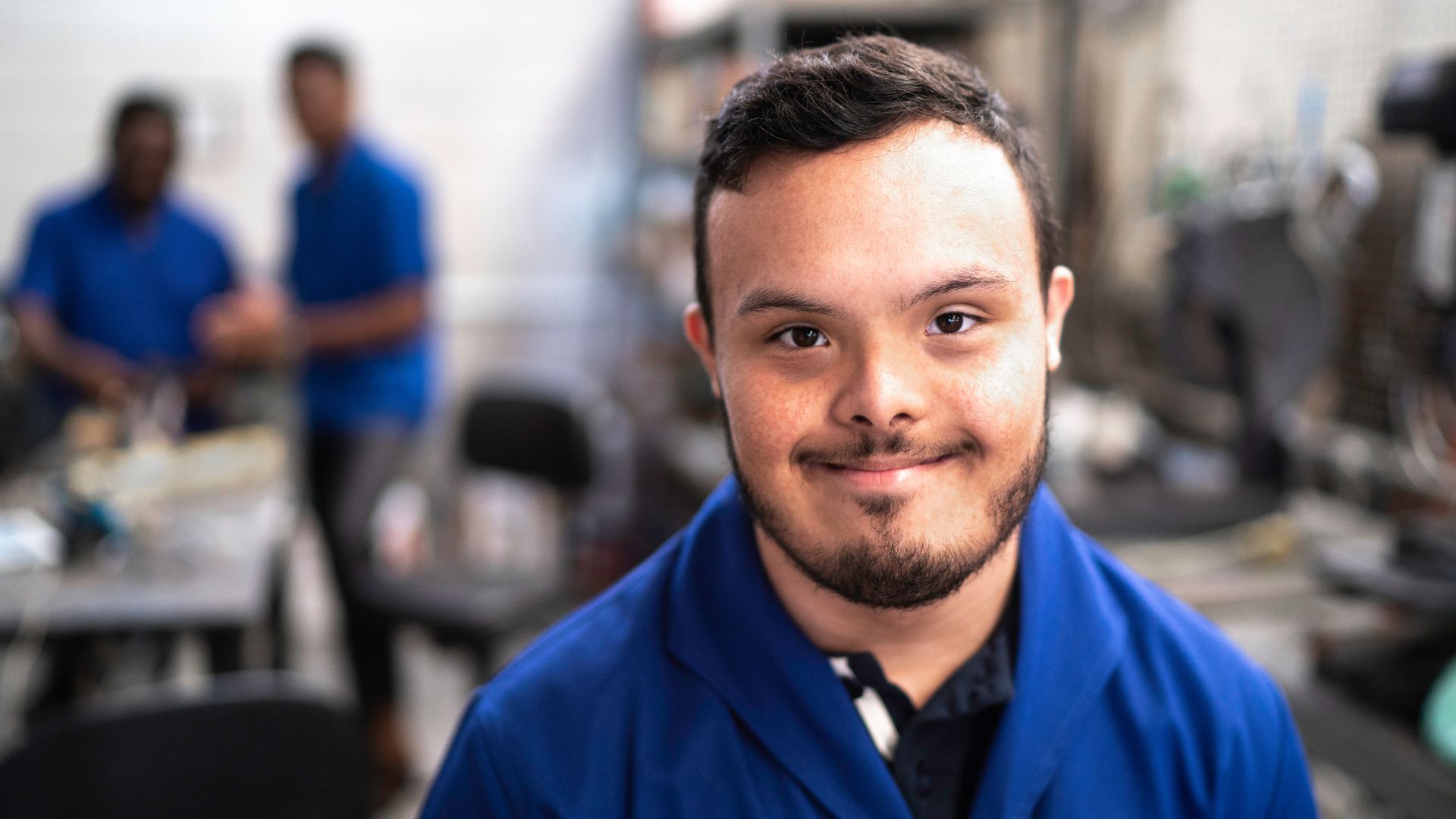The benefits of programs of support
Participating in a program of support opens a world of opportunities for job seekers living with a disability, injury, or health condition.
These programs are tailored to address your specific challenges, making sure you get the most relevant and effective support.
Some of the key benefits include:
Personalised advice: From creating a standout resume to preparing for interviews, participants receive one-on-one support customised to their career goals.
Training and upskilling: Many programs offer access to training courses and certifications, providing job seekers with the skills needed to succeed in their chosen fields.
Navigating job challenges: Whether it’s finding accessible workplaces or negotiating arrangements, these programs offer the expertise and support to help you overcome common employment hardships.
Ongoing support: Once you successfully get a job, programs of support will continue to provide assistance to ensure long-term job satisfaction.
How to pick the right program of support
Before applying for a program of support, make sure you do your own research to ensure the provider is a good fit for you.
When applying, be prepared to share your employment goals, challenges, and what you hope to achieve through the program.
Keep in mind that the more information you provide, the better the program can customise its support to your needs.
Program of support options
There are many types of programs of support available, including government initiatives, private sector services, and non-profit organisations. Some of the options available include:
Two options you might find the most relevant are Disability Employment Services (DES) and Australian Disability Enterprises (ADEs).
ADEs provide supported employment to people living with a disability, while DES helps in finding and keeping work.
For those seeking a program of support, APM provides Disability Employment Services to help people living with a disability, injury, or health condition find and keep meaningful work.
If you’re an eager job seeker, or need assistance in claiming the DSP, APM can provide you with the support you need.
To find out more about your eligibility or to discuss your job goals, get in touch with our team or register online.





